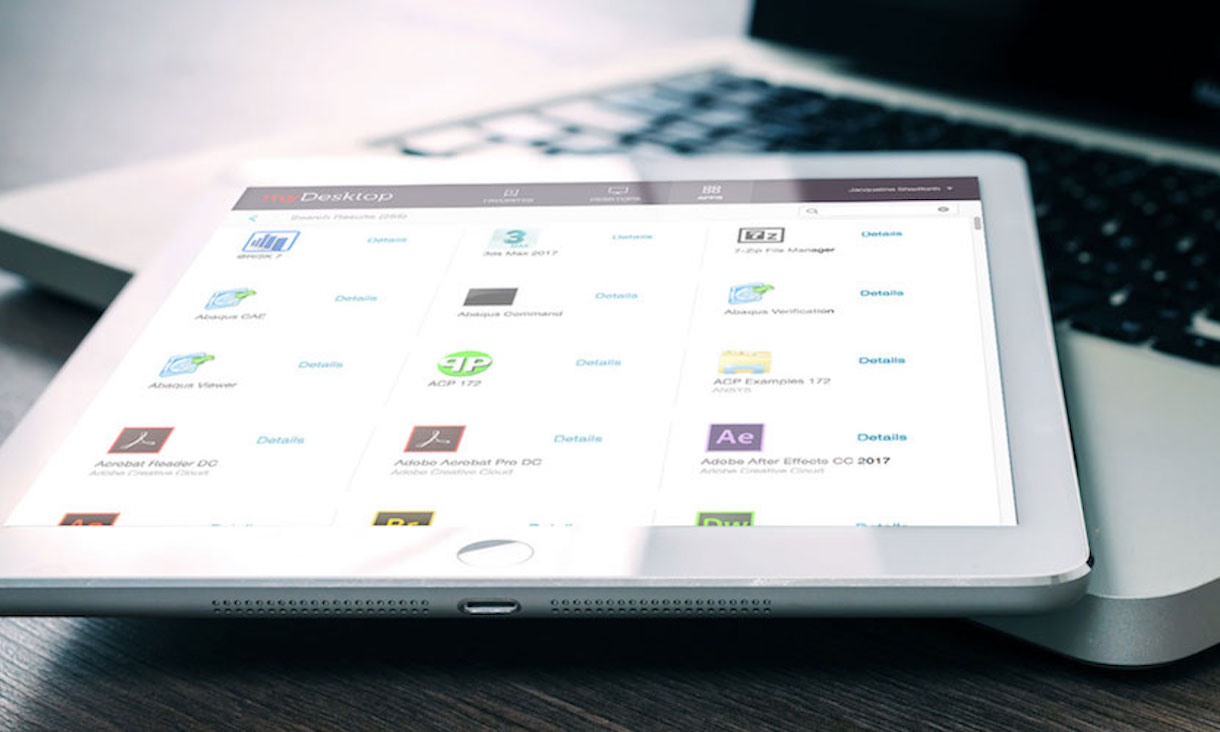
We're here to help you differentiate between the Bachelor of Software Engineering (Professional) and the Bachelor of Engineering (Software Engineering) (Honours).
The first thing to know is that whichever path you select, you’ll be covering a great deal of the same core content, so don't panic.
Software engineering is a field with a lot of crossover, whether you’re planning on programming devices such as myki cards, or more interested in building, testing and evaluating software at enterprise level.
Either course will provide the skills, knowledge and language to communicate across the entire computer systems/software domain. It’s more a matter of knowing where you want to focus your attention.
Here's a one-sentence description of each course:
The Bachelor of Software Engineering (Professional) focuses on programming and software development skills, which are critical for the IT sector.
The Bachelor of Engineering (Software Engineering) (Honours) folds in hardware and engineering skills and knowledge on top of programming.
Getting down to specifics, we’ll use some examples you may be familiar with from your own life. If you’ve ever turned on an iPhone, you’ll be aware that some work is happening within the device before you see that famous Apple logo. The same goes for booting up a games console. That pre-logo software is the domain of our Bachelor of Engineering types, while the stuff that comes after – the applications including both enterprise and consumer – is from the Bachelor of Software Engineering (Professional) people.
 As a device starts up, the software that runs in the background is what the Bachelor of Engineering (Software Engineering) (Honours) degree focuses on. The software applications on the device that let you do things like watch TikTok videos are the work of the Bachelor of Software Engineering (Professional) people.
As a device starts up, the software that runs in the background is what the Bachelor of Engineering (Software Engineering) (Honours) degree focuses on. The software applications on the device that let you do things like watch TikTok videos are the work of the Bachelor of Software Engineering (Professional) people.
Quite a few, actually! Read on...
The Bachelor of Software Engineering (Professional) is fully accredited by the Australian Computer Society.
The Bachelor of Engineering (Software Engineering) (Honours) is seeking accreditation through Engineers Australia, and once fully accredited, graduates will be eligible for graduate membership.
Another difference you’ll notice is the teaching and learning approach. The Bachelor of Engineering (Software Engineering)(Honours) has a traditional degree structure where you’ll complete 32 subjects (generally four per semester), while the Bachelor of Software Engineering (Professional) kicks off with the School of Computing Technologies’ signature Bootcamp2Studio model where programming fundamentals are taught in focus mode (the bootcamp), and complemented with project-based learning (the studio).
The amount of professional experience varies, too: the Bachelor of Software Engineering (Professional) incorporates a 40-week internship on top of the industry-partnered capstone project that both degrees include.
Head over to each course page to get more details and to apply:


RMIT University acknowledges the people of the Woi wurrung and Boon wurrung language groups of the eastern Kulin Nation on whose unceded lands we conduct the business of the University. RMIT University respectfully acknowledges their Ancestors and Elders, past and present. RMIT also acknowledges the Traditional Custodians and their Ancestors of the lands and waters across Australia where we conduct our business - Artwork 'Sentient' by Hollie Johnson, Gunaikurnai and Monero Ngarigo.
More information
Welcome to RMIT - Study@RMIT
Register now for one of our upcoming Open Days!
Live chat hours
For after hours assistance, submit your enquiry and we'll get back to you as soon as possible.